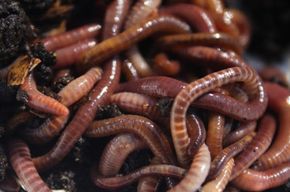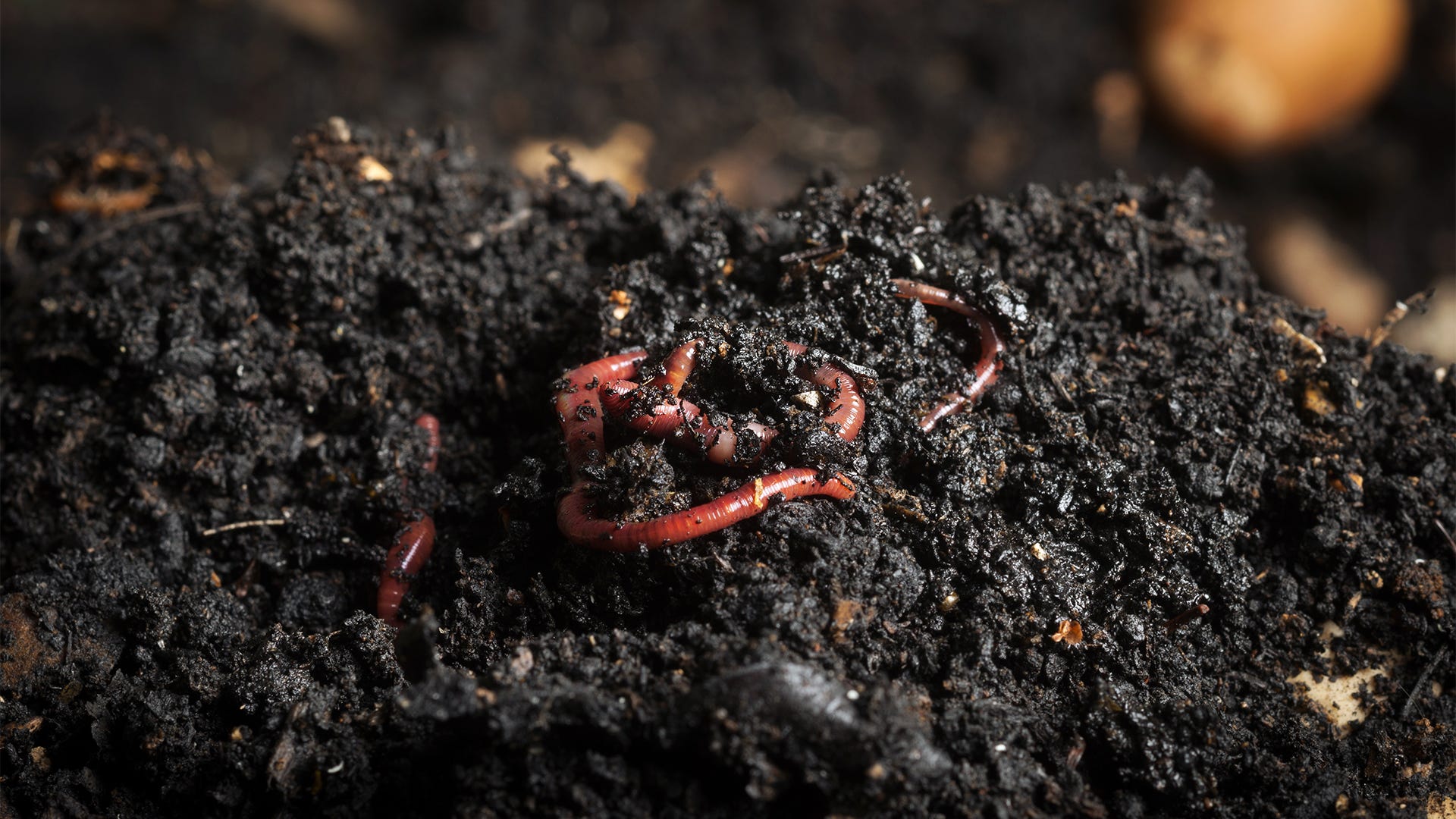Red Wiggler Worms Demystified: Unlocking the Tricks of Vermiculture for Greener Living and Nutrient-Rich Soil
In the realm of sustainable techniques for enhancing soil top quality and advertising eco-conscious living, red wiggler worms play an essential yet usually neglected duty. Red Wiggler Worms. Understanding the details of caring for these worms, optimizing their setting, and harnessing their spreadings can lead to a greener lifestyle and healthier dirt for plants to thrive.
The Duty of Red Wiggler Worms
Red Wiggler worms play an important duty in composting systems by efficiently breaking down organic matter right into nutrient-rich spreadings. These starved eaters eat a variety of organic products, such as kitchen scraps, yard waste, and paper items. As they feed, the worms' digestive processes damage down the raw material into a penalty, dark, and nutrient-dense product called worm castings or vermicompost.
The spreadings produced by Red Wiggler worms are extremely beneficial for soil health and wellness and plant development. They are rich in necessary nutrients like phosphorus, nitrogen, and potassium, which are vital for supporting healthy plant advancement. In addition, worm spreadings contain useful microorganisms and enzymes that assist boost soil structure, boost water retention, and improve nutrient uptake by plants.
Advantages of Vermicomposting

It improves dirt structure, enhances dirt aeration, and boosts soil wetness retention. Vermicompost also enhances the dirt with essential nutrients like phosphorus, nitrogen, and potassium, advertising plant growth and general soil fertility.
Furthermore, vermicomposting supports lasting horticulture practices by giving a natural and chemical-free option to synthetic fertilizers. Red Wiggler Worms. This environmentally friendly technique not only enhances the dirt however additionally helps lower reliance on dangerous chemicals, promoting a greener and extra sustainable way of horticulture
Setting Up a Worm Bin
When establishing a worm bin for vermicomposting, appropriate configuration is critical to make certain the success of the composting process. The very first action in establishing up a worm bin is selecting a suitable container.
After including the bed linens, introduce the red wiggler worms to the bin. It is advised to begin with a handful of worms and gradually increase as they increase. The worms ought to then be provided with food scraps such as vegetables and fruit peels, coffee premises, and eggshells. It is important to avoid adding meat, dairy products, oily, or salty foods to avoid bring in bugs and producing unpleasant smells.
Regularly check the wetness levels and temperature level in the worm bin to ensure optimum conditions for the worms. With appropriate setup and upkeep, the worm bin will properly convert natural waste into nutrient-rich garden compost for your plants and garden.
Gathering Worm Spreadings
To effectively collect nutrient-rich worm spreadings from your vermicomposting system, a methodical harvesting approach is necessary. There are a couple of crucial steps to follow to ensure a successful process when it comes time to gather the worm spreadings. Stop adding fresh food scraps to one side of the worm bin for a couple of weeks before gathering. This motivates the worms to move to the side with fresh bedding and food, making it much easier to dig the spreadings from the opposite.

Troubleshooting Common Issues
Recognizing and resolving typical challenges that might occur throughout the vermicomposting process is essential for keeping a efficient and healthy worm container. Adding excess food scraps can lead to a build-up of wetness and level of acidity in the worm bin, possibly hurting the worms. An additional problem is undesirable odors rising from the worm container.
Furthermore, if the worm populace is declining or the worms show up unhealthy, it might be due to ecological stress factors such as extreme temperature levels or pH degrees. Keeping track of these aspects and making necessary modifications is essential for the wellness of the worms. By repairing these typical concerns promptly, vermicomposters can make sure a successful and smooth vermicomposting process while keeping a growing worm population.

Verdict
In conclusion, red wiggler worms play a critical function in vermiculture by breaking down natural issue right into nutrient-rich dirt. Setting up a worm bin is important for successful vermiculture, and collecting worm castings offers useful compost for gardening.
As they feed, the worms' digestion procedures damage down the natural issue into a penalty, dark, and nutrient-dense product known as worm castings or vermicompost.
The spreadings generated by Red Wiggler worms More about the author are very helpful for soil health and plant growth. Including excess food scraps can lead to a buildup of wetness and acidity in browse around here the worm container, possibly damaging the worms.In addition, if the worm population is declining or the worms appear unhealthy, it can be due to environmental stress factors such as extreme temperature levels or pH levels. Establishing up a worm container is crucial for successful vermiculture, and harvesting worm castings gives useful compost for gardening.